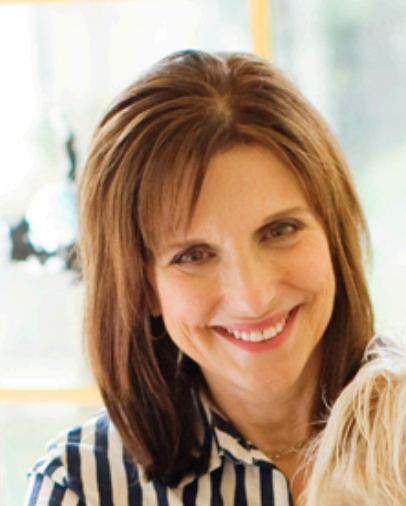“I feel like I’m drowning. I can’t cope. The world is falling apart. This is a living nightmare.” We’ve all heard and probably expressed some similar sentiments lately. Dramatic? Yes. Understandable? Definitely. Many of our lives have been turned upside down amidst the COVID-19 pandemic. And it’s tempting to say as much. But the words we use matter more than we know.
Science shows that using catastrophizing language (yes, even during catastrophic times) can negatively impact our mental health and even our ability to focus. Although our brains are hardwired to worry (a survival function called the negative bias), focusing on a single negative word can ramp up activity in the amygdala — the “fear center” of our brain — releasing neurotransmitters that interrupt our cognitive functioning, especially with regards to logic and reason.
On the flipside, focusing on positive words and reframing can be a simple and powerful way to improve our mood and even boost our energy. For example, instead of saying, “I am stuck at home,” we could reframe by saying, “I am safe at home.”
“Our mind starts to accept and believe what we are saying to ourselves, so positive messages can be powerful, especially right now,” says L.A.-based psychotherapist Pauline Sanderson, M.A., M.F.T. In fact, it can even prime our brain to see the world in a more positive light.
Reframing what we say doesn’t mean pretending things aren’t hard. But whenever possible, it’s important to be mindful of the language we’re using — for our own mental well-being and for those around us.
Here are four simple steps to reframe our language:
Pay attention to your words
We say a lot of things automatically and subconsciously, says Sanderson, so the first step is to simply be more mindful of our words. If you catch yourself saying a dramatic negative statement like, “I’ll never survive this,” stop, take a breath, and listen. Become aware of the words you are using. Don’t worry or judge yourself, just pay attention to the statement you made.
Challenge the truth of catastrophic statements
Mostly, the dramatic negative statements we make, like, “It’s too much to bear,” are not true. We’re very resilient as human beings and can handle much more than we think. Take a moment to acknowledge your resilience by thinking of something “awful” you’ve persevered through in your past.
Course-correct with different words
Right away, in your mind (or out loud if you’re having a conversation with someone) tell yourself what is true using more positive words and framing, for example: “Things are challenging, but I’m strong and I’ve overcome a lot. I can handle this.”
Keep practicing and spread the word
It takes practice to change habits, so be patient with yourself. “Knowing that you can make a shift in the way you express yourself, make it a challenge to find alternate words in your vocabulary that will be more uplifting,” Sanderson says. “The more you do it, the more you’ll find it will help you stay calm and even optimistic.” Your choice of words can also offer much-needed support to whoever you’re talking to, whether that’s your child, parent, a friend, or the person checking out your groceries.
And remember, if you do find those dramatic or catastrophic words slipping out occasionally, don’t worry! As Sanderson says: “Take yourself off the hook! It’s OK. We’re all human!” Just do your best, knowing that words really do matter.
Follow us here and subscribe here for all the latest news on how you can keep Thriving.
Stay up to date or catch-up on all our podcasts with Arianna Huffington here.


